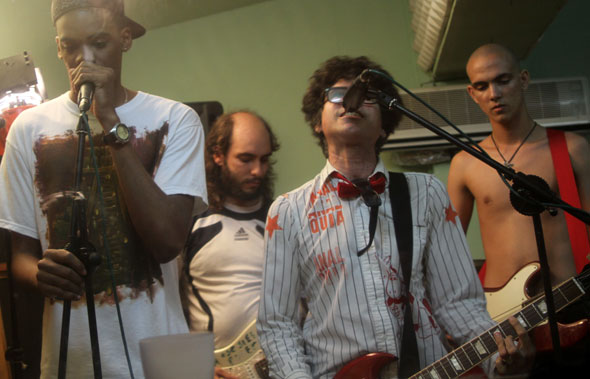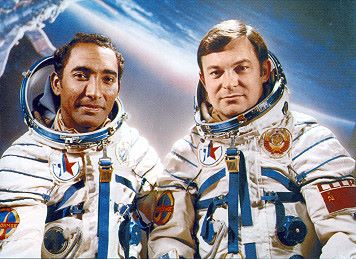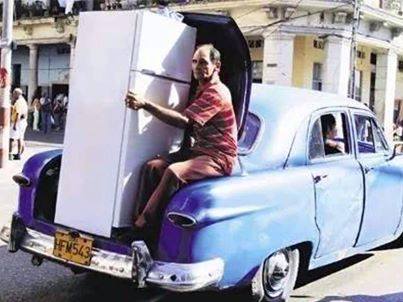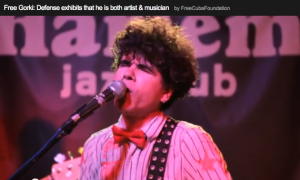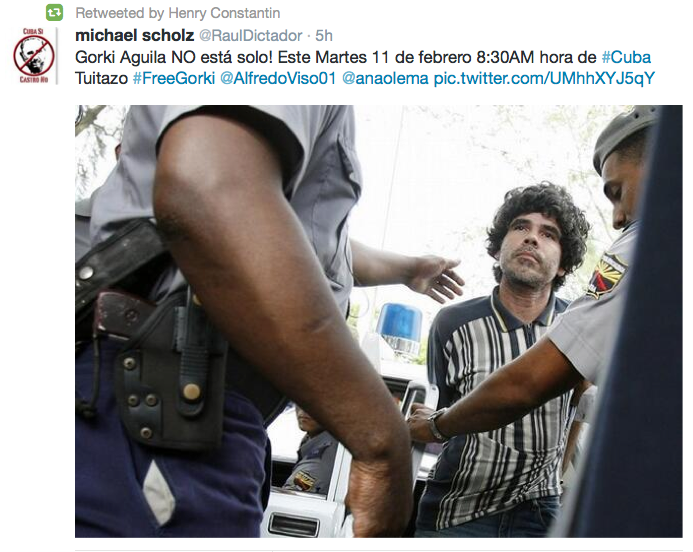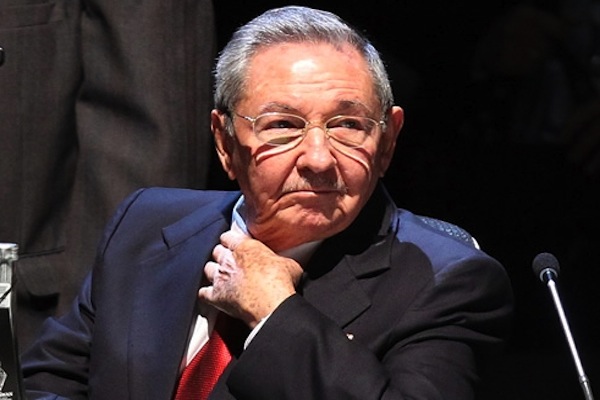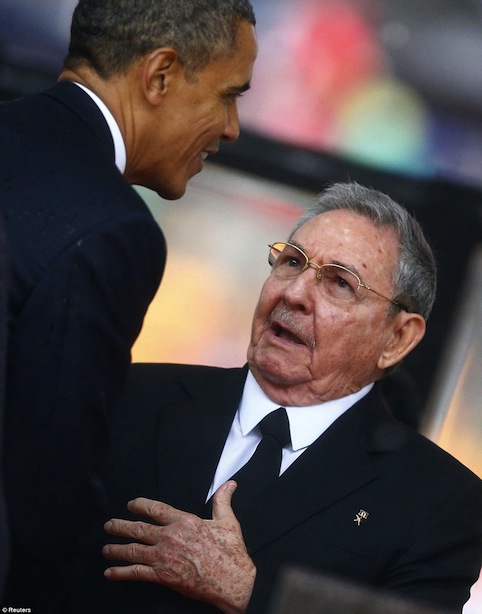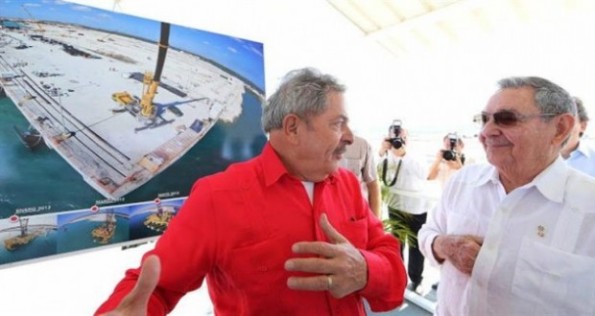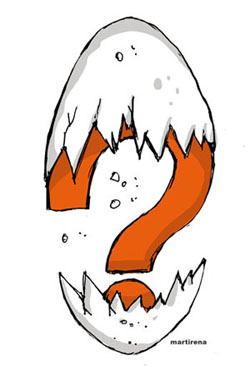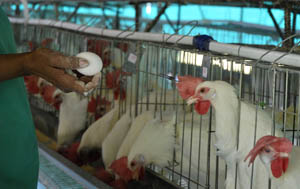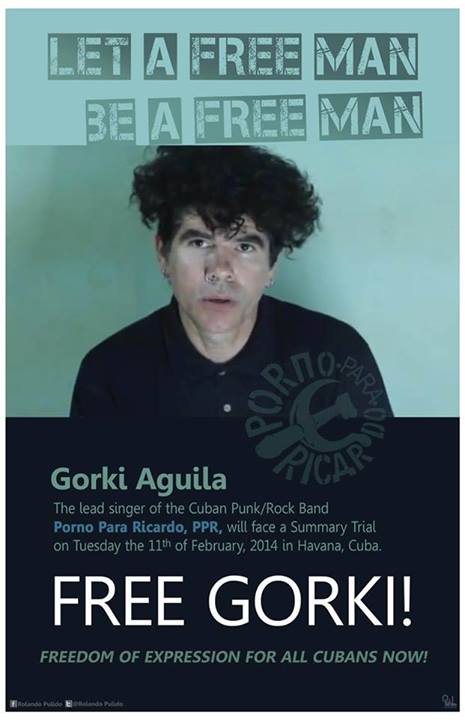Commercial interest is reflected in large-scale investments in the ports of Norfolk, New York, Baltimore, Charleston, Jacksonville and Savannah. According to the American Association of Port Authorities (AAPA), public-private partnerships will invest up to $46 billion in port infrastructure.
With the expansion of the Panama Canal and the introduction of a new generation of container ships know as post-Panamax, which can pass through the canal with almost three times as much cargo, commercial trade in the Americas will experience a profound change.
The numbers dazzle the experts and countries in the region do not want to be left behind. Their primary interest is, of course, the vast market to the north that Canada and the United States represent.
But no less important is being positioned as a leader in the interregional port trade. This has unleashed a veritable “port war,” which has led to multimillion-dollar investments and higher concentration, with fewer ports for maritime traffic. These will have to be both larger and deeper to accommodate ships which will be bigger and can carry more goods.
Experts agree that post-Panamax traffic is likely to be concentrated in trans-shipment ports, as was the case with air transport. With that in mind, the Dominican Republic, Colombia, El Salvador, the Bahamas, Costa Rica, Jamaica and Cuba are investing heavily in improvements and modernizations to their major port facilities. continue reading
The Cuban government has placed special emphasis on developing the port of Mariel, located 45 kilometers west of Havana, due to its excellent natural conditions. The project is backed with 682 million dollars from public and private Brazilian investors.
The first stage could be completed by the end of this month to coincide with the visit of Brazilian president Dilma Rousseff to the CELAC conference, which will take place on January 28 and 29.
Construction is being carried out by the Brazilian firm Odebrecht. Management of the port and its container terminal, which in the future will be able to handle up to three million containers, will be provided by a Singapore-based firm.
Nine-hundred million dollars have been invested in the first phase. And in keeping with the trade demands of the future port, the Cuban regime has designated it a special economic development zone with its own special jurisdiction.
In the area surrounding the port of Mariel, an area of some 465 square kilometers, the government has begun making direct investments to benefit economic sectors such as biotechnology and textiles, among other areas.
The port of Mariel is geographically well-positioned for regional commerce. Under normal conditions, without an embargo by the United States, it would be a formidable competitor to its counterpart in Miami.
But under current circumstances, given the burden of the U.S. trade embargo, it is not unreasonable to ask if such a monumental investment would be beneficial to the Cuban economy.
In the past Fidel Castro came up with irrational economic schemes such as the plans for harvesting ten million tons of sugar, intensive farming or the construction of a nuclear power station in Juraguá, Cienfuegos, 300 kilometers east of Havana, where he wasted billions dollars with no results.
Castro II has abandoned the colossal volunteerism of his brother. With the usual paucity of information, the regime has yet to set forth the operational strategy it plans to deploy after the inauguration of the port of Mariel.
If one thing is clear, it is that as long as there is an embargo, whose rules stipulate a six-month prohibition from entering U.S. ports for ships which have dropped anchor in Cuba, the docks of Mariel will come out the loser, even without ever having engaged in the regional competition of post-Panamax ports.
The largest share of interregional trade is with the United States, Canada and Mexico, which are economic partners. The twenty-eight E.U. countries will think twice before making large investments in Mariel.
China is only an ideological partner of the Castros. In trade and finance it is tied to the United States. With characteristic pragmatism Beijing will keep placing its bets where the money is.
And the money is in the north or in regions of Latin America such as Brazil, Chile, Colombia, Argentina, Venezuela and Peru. I do not believe many ships flying a Chinese flag and trading with the United States will anchor in Mariel as long as the embargo remains in place.
Carrying a weight like that around one’s neck makes it difficult to attract large amounts of capital from leading companies. Of course, neither Raul Castro, Brazil’s former president, Lula da Silva — whose government authorized the expenditure — nor its current president, Dilma Rousseff, are fools.
A year ago the Brazilian foreign minister, Antonio Patriota, offered some clues when he publicly stated that the decision to invest in the port of Mariel was based on a post-embargo scenario.
The political strategy of Cuba’s autocrats is also moving in that direction. Regime officials are wearing out the soles of their shoes travelling the world in an attempt to attract fresh capital for the Mariel development zone.
And working through the U.S. Interests Section in Washington, they are lobbying to create and business-friendly atmosphere with the powerful clan of Cuban-American entrepreneurs.
Seeking the repeal of the embargo is perhaps the number one priority of the Cuban Foreign Ministry. The timid economic reforms and requests for dialogue with the United States by General Castro are made in hopes of lifting the embargo.
Except a few statements on Cuba by Obama and a handshake with Raul Castro at Nelson Mandela’s funeral, the White House has so far not been seduced by the aging president.
Cuba is not China. It does not have that country’s huge market and a significant portion of its economy depends on remittances from Cubans living on other shores.
Washington continues to demand that Cuba respect human rights and democracy, and hold free elections — something it did not do with China or Vietnam — but in this regard the island has very little to offer.
The political retirement of Castro II could change the political dynamic between the two countries. But as long as the embargo is in place, a sizable project, such as the port of Mariel, makes little sense. Any real uptick in the Cuban economy — whether in trade, tourism or new technologies — will always be diminished by the negative impact of the embargo.
At this stage of the game, if the military government really wants to undermine the foundation for the embargo and offer its citizens its citizens a prosperous society, it must come up with some clear-cut political changes. Otherwise, we will remain stuck in a time-out.
Photo: President Raul Castro and former Brazilian leader Luiz Inacio Lula da Silva during his visit in January 2013 which marked the start of the expansion to the port of Mariel, which was made possible by a major investment from Brazil. From Infolatam.
Iván García
18 January 2014
 Following the best tradition of Cuban humor, based on mockery and desecration of the human and divine, we have baptized the Cuban Telecommunications Company SA (ETECSA) with a different interpretation of its initials: We are Trying to Establish Communications Without Trouble*.
Following the best tradition of Cuban humor, based on mockery and desecration of the human and divine, we have baptized the Cuban Telecommunications Company SA (ETECSA) with a different interpretation of its initials: We are Trying to Establish Communications Without Trouble*.
